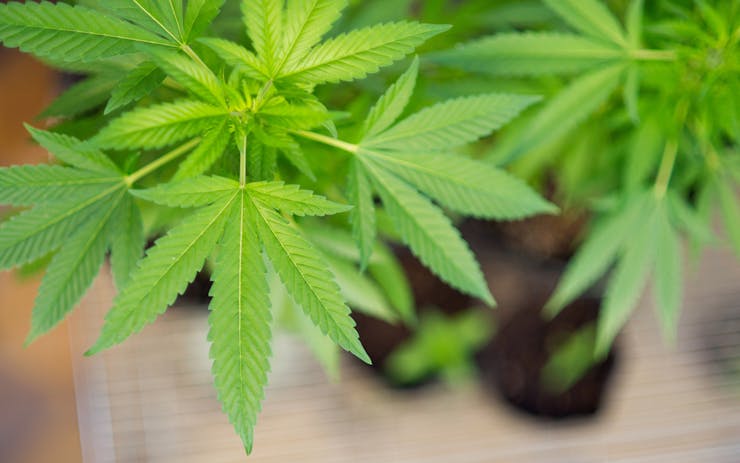As you develop your farming craft and become more comfortable in your cannabis garden, you might find yourself looking for a new challenge. One option is to explore strains that are regarded as difficult to grow. If growing for personal use, you may try to conquer strains that are not popular among commercial farms because of their long flowering periods, low yields, and specific feeding requirements. Large grow operations tend to avoid tackling difficult or risky strains because they’re often not worth the additional time, money, and labor.
Generally, growers tackle these issues by crossbreeding plants for high yields, short flowering cycles, and low-maintenance feeding requirements. For this reason, many strains that are regarded as difficult to grow are landrace strains. “Landrace” refers to feral strains that have long grown in one geographic location without hybridization. These varieties often have varying and specific needs, making them some of the more complicated plants to grow. However, plenty of modern hybrids can prove to be challenging as well.
Here are five examples of hard-to-grow strains that ambitious growers may consider if they’re looking for a challenge.
Colombian Gold
Colombian Gold is a landrace sativa hailing from the Santa Marta mountains of Colombia. Made famous over the century as a high-quality cannabis export to the United States, it made a comeback when its genetics were used in the creation of Skunk #1.
What makes Colombian Gold a difficult strain to grow is its large stature and long flowering periods. To produce this strain indoors, you must be on top of your pruning game; its growth takes off and will quickly overrun your space. The lengthy flowering cycle also increases the chance of error, but if you can bridle this strain, you will be rewarded with a classic quality landrace strain with an exceptional high that electrifies the senses.
San Fernando Valley OG
A beautiful California native, the SFV OG hybrid can be a tricky strain to tame. It has specific feeding needs and a flowering period that extends longer than normal.
OG genetics often require heavy feeding – specifically, they’re known for consuming large amounts of calcium and magnesium (also known as “Cal Mag”). You need to be able to read the plant deficiencies to ensure you don’t over or underfeed this strain. Additionally, SFV OG is a dense plant that will benefit from pruning and topping at an early age. If successful, you will be rewarded with dense, beautiful colas that offer a pungent taste and powerful high.
Dr. Grinspoon
This landrace sativa strain is named after longtime cannabis advocate and professor at Harvard, Dr. Grinspoon. The genetics are held by Barney’s Farm in Amsterdam and are well known amongst connoisseurs for its cerebral effects and quality of flavor. It is also known for its strange bud structure.
Dr. Grinspoon is difficult to grow because of this bud structure. It can take ages for it to flower and for the airy buds to develop any weight. “When mature, the colas resemble compact green and reddish brown beads,” Barney’s describes. “These loosely hang on thin stems.” The stems and buds are brittle, but the end product is something you will rarely ever see.
Chocolate Thai
Thai landrace genetics are being kept alive by a breeder in California by the name of DarwoH, and Chocolate Thai is a nostalgic strain commonly associated with the famed Thai sticks of the 1970s and 80s. Cannabis from this region of the world has always been celebrated and cherished for its unique cerebral effects.
The difficulty of this strain can be attributed to its lengthy flowering cycle. Similar to all southeast Asian landrace strains, flowering may take up to 14 weeks. If you have the space, time, and skill to produce a decently yielding Chocolate Thai or any other southeast Asian landrace strain, you have something to be very proud of and will be sure to impress anyone who fondly remembers days spent with Thai sticks.
Headband
Headband has become a very popular strain in the past years. With its high-THC content, Headband provides relaxing effects while holding onto the flavors of its parents OG Kush and Sour Diesel.
What makes Headband difficult to produce is its bud structure. Where OG strains are commonly known for their dense, large colas, Headband produces smaller buds that blanket the plant. Because of this, getting a decent yield with consistent quality can be difficult. Being able to use the SCROG (screen of green) method can help overcome this obstacle.
Which cannabis strains have you had difficulty growing? Leave your stories and tips below so other growers can benefit!






